In the intricate arena of global politics, a distinct pattern has emerged in interactions between numerous international leaders and former President Donald Trump: the strategic application of commendation. This approach, often termed “the art of praise,” transcends mere pleasantries, evolving into a calculated diplomatic instrument designed to smooth relations and secure beneficial agreements.
Initially, during President Trump’s first term, many world leaders adopted a more reserved and skeptical stance. However, as observed by career diplomat Kurt Volker, who served in the first Trump administration, this shifted dramatically. Leaders, particularly those from European nations, increasingly adopted an obsequious demeanor, a stark contrast to their earlier standoffishness.
Volker elaborates on the underlying rationale for this change: the recognition of Trump’s enduring power and capacity to influence global affairs. The prevailing sentiment became that to ensure desired outcomes, or to avert undesirable ones, engaging him through effusive praise was a pragmatic necessity, positioning leaders to better achieve their objectives.
Indeed, this strategic Trump Diplomacy often yielded tangible results. As confirmed by White House spokesperson Anna Kelly, foreign leaders demonstrated a clear eagerness for positive relationships with President Trump, driven in part by the allure of participating in what was described as a “booming Trump economy.” This alignment facilitated an environment ripe for Diplomatic Negotiations and favorable deals.
A notable instance of this World Leaders Strategy unfolded when European Commission President Ursula von der Leyen made a point of complimenting President Trump extensively before finalizing the crucial details of a significant trade agreement. Such gestures underscored a deliberate effort to establish rapport and create a conducive atmosphere for high-stakes International Relations discussions.
Prominent analyst Ivo Daalder further explains that most world leaders have meticulously assessed President Trump’s character, understanding that flattery—especially assertions of his unparalleled achievements—serves to keep him favorably inclined. This form of Political Influence ensures continued cooperation and minimizes potential friction in sensitive Foreign Policy matters.
The effectiveness of this tactic was particularly evident in the context of NATO. Despite President Trump’s long-standing skepticism regarding the mutual defense alliance, NATO chief Mark Rutte successfully leveraged this approach. Prior to a recent summit, Rutte famously texted Trump, praising his potential to achieve an unprecedented feat in defense spending, a sentiment he reiterated face-to-face, even humorously referring to him as “Daddy”—a moniker Trump seemingly embraced.
Justin Logan, director of defense and foreign policy studies at the Cato Institute, encapsulates this dynamic by stating that for President Trump, leadership is inherently personal. This understanding compels other leaders to tailor their engagement strategies, often prioritizing personal commendation over more stern diplomatic approaches, even when facing potential political repercussions in their home countries.






Leave a Reply